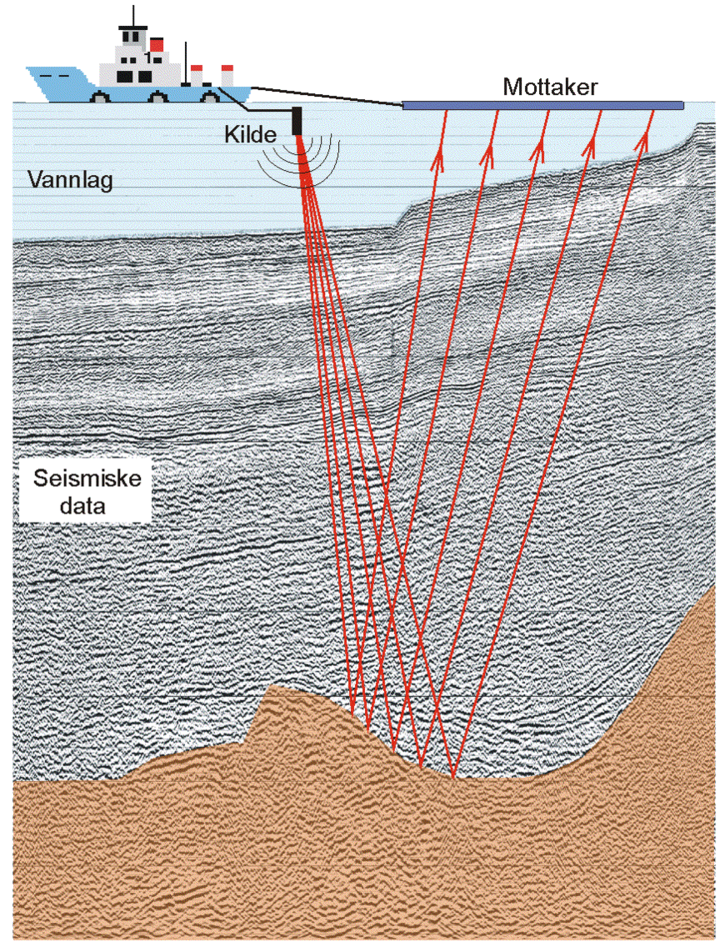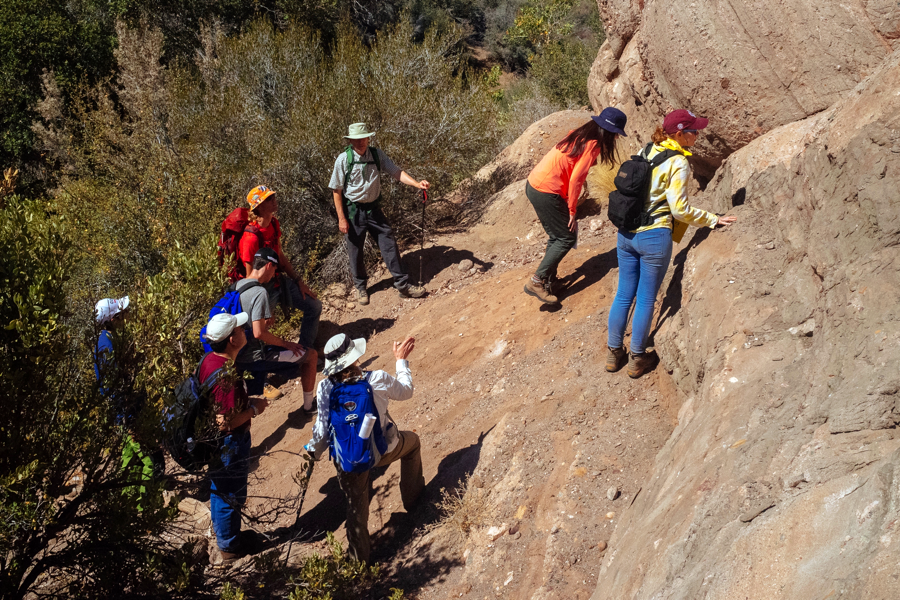All Categories
Featured
Table of Contents
Geologists And Geophysicists in Shoalwater WA 2021
Link with MBA programs looking for prospects like you. Research study. Connect with master's programs around the country to get an edge over the competition.

A geophysicist studies different aspects of the earth. According to the U.S. Geological Study, they study gravity, magnetic, electrical, and seismic activity incidents. Geophysicists also document, examine, and take measurements of geographic features and anomalies. See a video to discover what a geophysicist: Geophysicists should make a minimum of a bachelor's degree; however, this is for an entry-level position.
If you desire research you must pursue a Ph. D. Undergraduate coursework typically consists of geology, mathematics, ecological science, or physics. Postgraduate degree require more specific studies in the specialized of choice. Locations can consist of oceanography, climatic physics, meteorology, planetary, petroleum, ecological, and mining. Task potential customers are greater if you have a strong background in computer science or innovation.
Job Guide - Geophysicist in Bassendean Australia 2020
Access to these opportunities might be restricted depending upon where you live; however, internships or summer programs with geophysical business, university geophysics department, or the U.S. Geological Study can be alternatives. You can find a list of a list of opportunities on the United States Geological Study (USGS) sites' Path Programs tab (opens in another link).
Geophysicists likewise work with computer systems while looking into, so computer courses can likewise be handy, as discussed earlier in this post. Numerous geophysicists specialize in an area of geophysics.
A geophysicist's responsibilities can include measuring, tracking, and documenting data from various physical properties on earth. They also evaluate and test information got. Geophysicists typically have to travel worldwide to examine geological occasions that have actually happened or might have been forecasted. Geophysics is a research-based career field, for that reason one need to have the capability to assume, problem-solve, and concern or obstacle formerly held presumptions from their gathered data.
Working As A Geophysicist And Oceanographer In Canada in Belmont Oz 2023
Jay Wellik, a geophysicist, studies volcanos. Geophysicists normally work full-time hours; nevertheless, they typically work irregular hours, as mentioned formerly.

You can discover extra details about Geophysicists together with additional educational products on the U.S. Geological Study site (links open in a new window). Laura Stern, of the U.S. Geological Survey at the Gas Hydrates Laboratory in Menlo Park, California: We make a variety of different hydrates in the lab.
We also make carbon dioxide hydrate, ethane hydrate, gas, a number of different structures. It's about 100 degrees colder than the temperature level at which these hydrate samples would dissociate, when they would decompose to ice plus gas on the tabletop.
Geoscience, Geophysics Option, in Byford Aus 2022
So the samples we make, their polycrystalline. They appear like snow, it looks like compressed snow however honestly, it does consist of gas inside. Take a little piece off here and as it warms up, you'll start to see it pop. It's reverting to ice plus gas and then as the ice would melt as it continues to warm, it will wind up being water plus gas.
My name is Steve Kirby, I'm a Geophysicist here at the U.S. Geological Survey in Menlo Park. I deal with Laura Stern who is also a Geophysicist in this lab that is dedicated towards the investigation of planetary ices and gas hydrates. Gas hydrates in nature take place in very remote locations and they are really complex with the interactions and conditions that they form under and samples that are raised are under some sort of alternation or decomposition.
This is an unusual laboratory and there are only a handful of them worldwide and we are extremely lucky to be here at the Geological Study and to have the opportunity of dealing with them. Bureau of Labor Statistics, U.S. Department of Labor, Occupational Outlook Handbook, Geoscientists. National Center for O * Web Development.
Geophysical Survey - Salisbury Archaeology in Ballajura Australia 2023
This video was produced by the federal government for the U.S. Geological Survey. The USGS Gas Hydrates Laboratory is moneyed by the Department of Energy and the USGS Gas Hydrates Project.
Latest Posts
Geophysical Survey Methods in Western Australia 2021
Geophysicist Salary in Wembley Downs Aus 2021
Bsc Geophysics in Safety Bay WA 2023